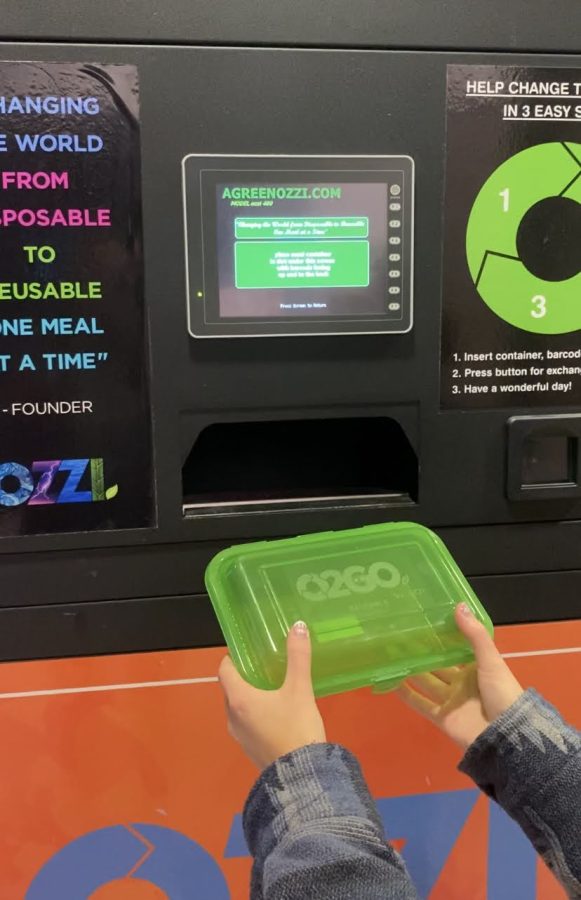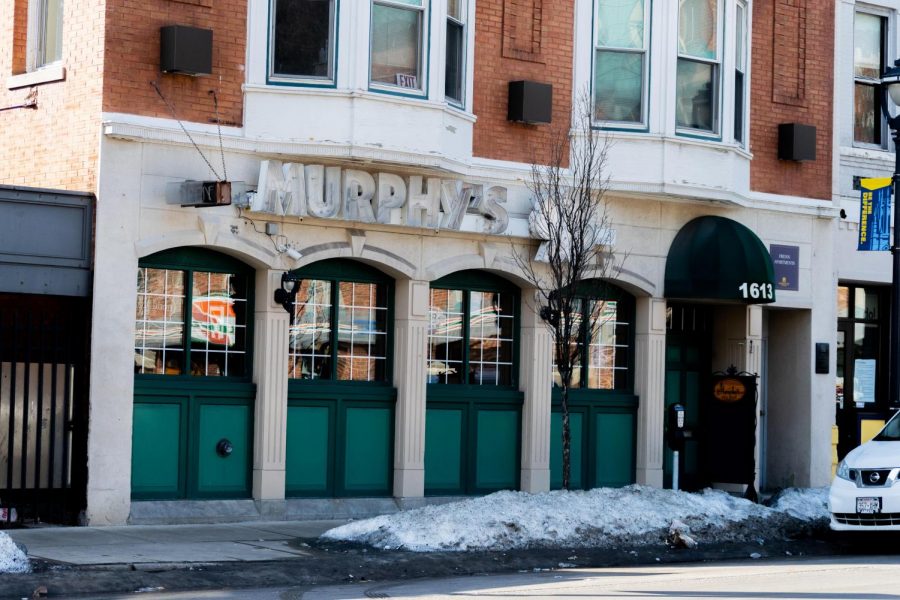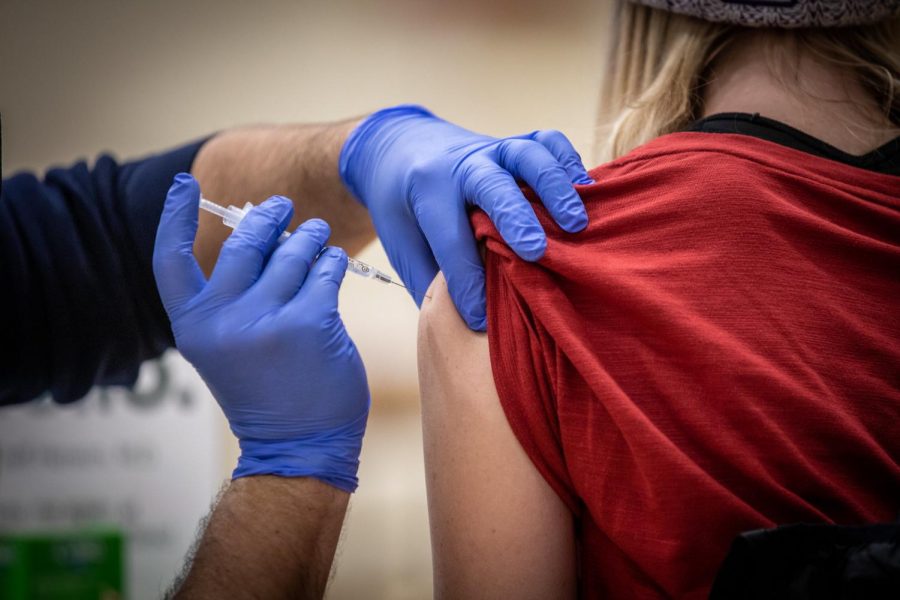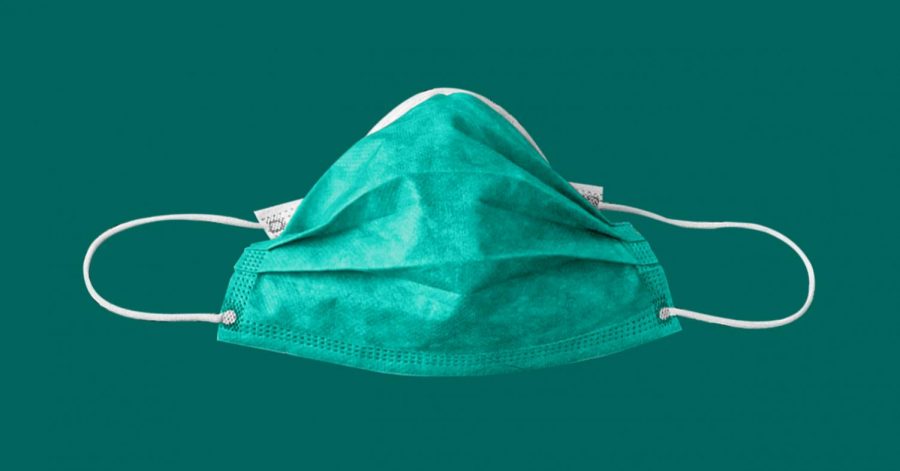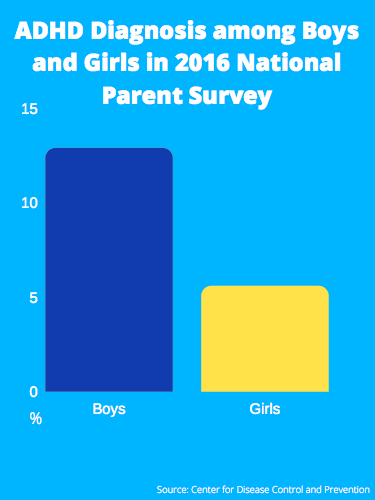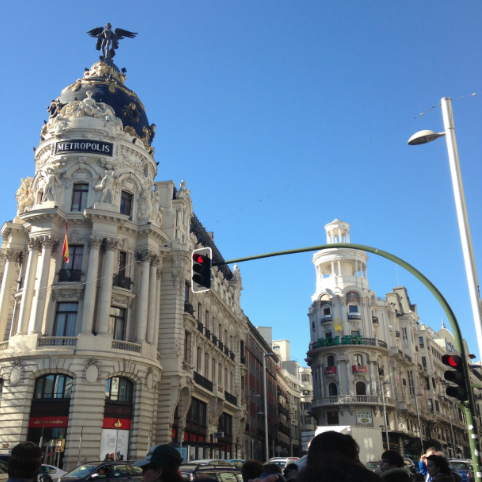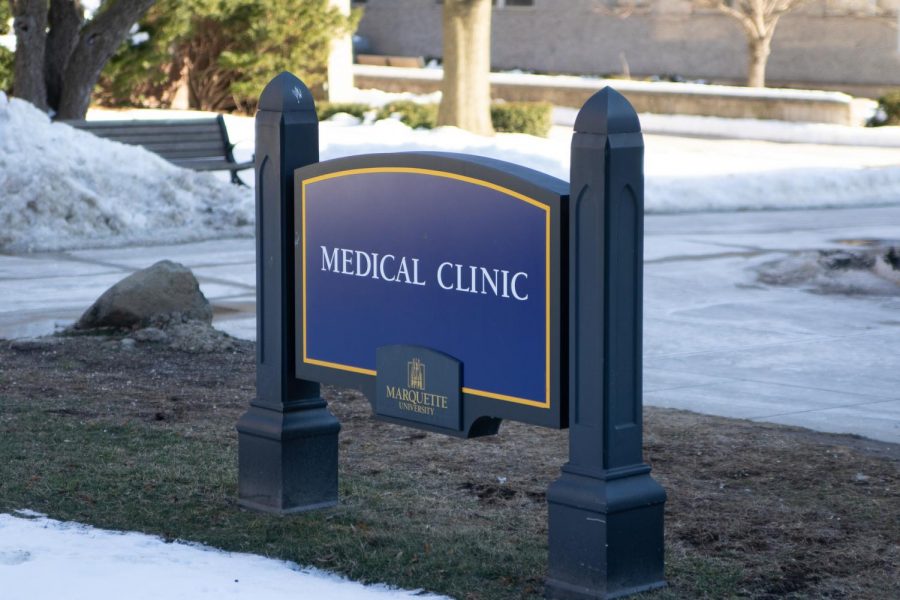Marquette University should move all in-person classes online for the remainder of the semester as well as require students to self-quarantine for two weeks in order to stop further spread of COVID-19.
The university announced Nov. 6 that it was moving its COVID-19 Alert Level from “moderate” to “high.”
Since the beginning of the semester, there have been 814 reported cases of COVID-19 on campus, according to the Marquette COVID-19 Dashboard. Last week, there were 178 reported cases of COVID-19 at Marquette, two of those days accounting for the highest reported days this semester with 42 cases Nov. 5 and 41 Nov. 9.
Additionally, many second-year students in the School of Dentistry were put in quarantine Nov. 5 due to potential risk of COVID-19 exposure.
While the university implemented some changes in response to the increase in COVID-19 cases on campus — such as canceling Department of Recreational Sports activities, requiring all academic meetings and tutoring sessions to be moved online unless “absolutely necessary” and making all student organization meetings and non-academic advising online — it did not make the decision to move all in-person classes online, which more students participate in.
Frankly, these changes will not help mitigate the spread of COVID-19 on campus.
Marquette also claimed that none of the COVID-19 transmissions on campus occurred from in-person classrooms or labs. If a student goes to a large social gathering off campus, contracts COVID-19 and brings it back to campus, that student puts their peers and professors at risk for contracting it as well. This would mean that the spread would, in fact, occur during in-person classes or labs.
Even if people take precautions during in-person classes, such as social distancing and wearing masks, there is still a risk of spreading COVID-19. And with the drastic increase in cases at Marquette, the university needs to prioritize the health and well-being of its students, faculty and staff by moving all in-person classes online and having students self-quarantine for two weeks.
Some faculty and staff who have in-person classes have not provided online options for their students this semester, so many students are forced to attend in-person classes, even if they feel uncomfortable or unsafe. Students should not have to risk or sacrifice their health during a COVID-19 spike in order to engage in course material because the university is not putting their health first.
Many Marquette students have said they feel unsafe and are living in fear of contracting COVID-19 campus. The university cannot control what students do outside of the classroom, but it can protect those learning in an in-person setting this semester.
Faculty and staff have also expressed concern and some are even moving in-person classes online. Keeping classes in person puts them at risk as well.
Moving the COVID-19 Alert Level from “moderate” to “high” isn’t enough.
Wisconsin is the fourth highest state for COVID-19 cases as of Nov.12, with nearly 113,000 reported cases in the last week, according to the Center for Disease Control and Prevention. Wisconsin is also experiencing worse COVID-19 cases than New York City did at its peak in April.
Governor Tony Evers urged Wisconsin residents to stay at home due to a day of record COVID-19 cases and deaths Nov. 10.
There have been over 10 million COVID-19 cases and over 240,000 COVID-19 deaths across the United States since January, according to the CDC.
If these numbers are not serious or sufficient enough for the university to protect the Marquette community, there have been over 3,000 confirmed COVID-19 cases, 89 hospitalizations and 40 COVID-19 related deaths in Milwaukee County in the past week, according to the Milwaukee County website.
Continuing in-person classes is irresponsible and reckless. Marquette is in the middle of a densely populated city where students are interacting with Milwaukee community members. Choosing to not prevent further spread by keeping campus operating nearly the same way as it did before switching to a “high” alert level is a disservice to the surrounding community. The university has a responsibility to ensure the health and well-being of not only the Marquette community but also the Milwaukee community.
Having students self-quarantine before they return home to their families and hometown is necessary to ensure students do not potentially bring home COVID-19.
The university suggested students limit their social circles to five people, wear a mask, socially distance at all times, stay home whenever possible and get tested if they’re sick.
Suggestions are not enough. The university must require students self-quarantine for two weeks and move all in-person classes online.
And if they don’t do this, they will continue to let the Marquette community down, allowing students to continue on in fear.
Campus is not safe right now. Marquette must do more to protect us, and it has one last opportunity to do so.
Editorial topics by the Marquette Wire are decided at weekly meetings between members of the executive board. The editorial is crafted with leadership by the executive opinions editor. The executive board consists of the executive director of the Wire, managing editor of the Marquette Tribune, managing editor of the Marquette Journal, general manager of MUTV, general manager of MUR and nine additional top editors across the organization.






